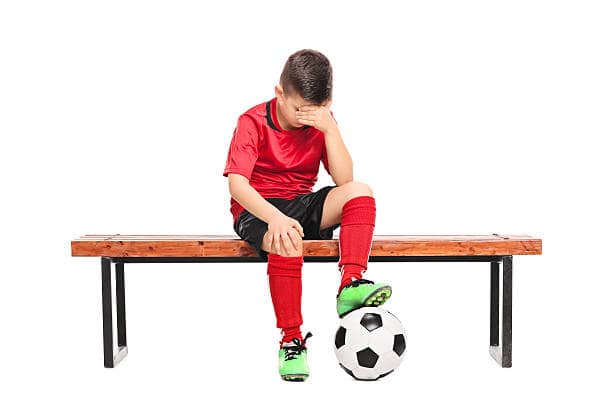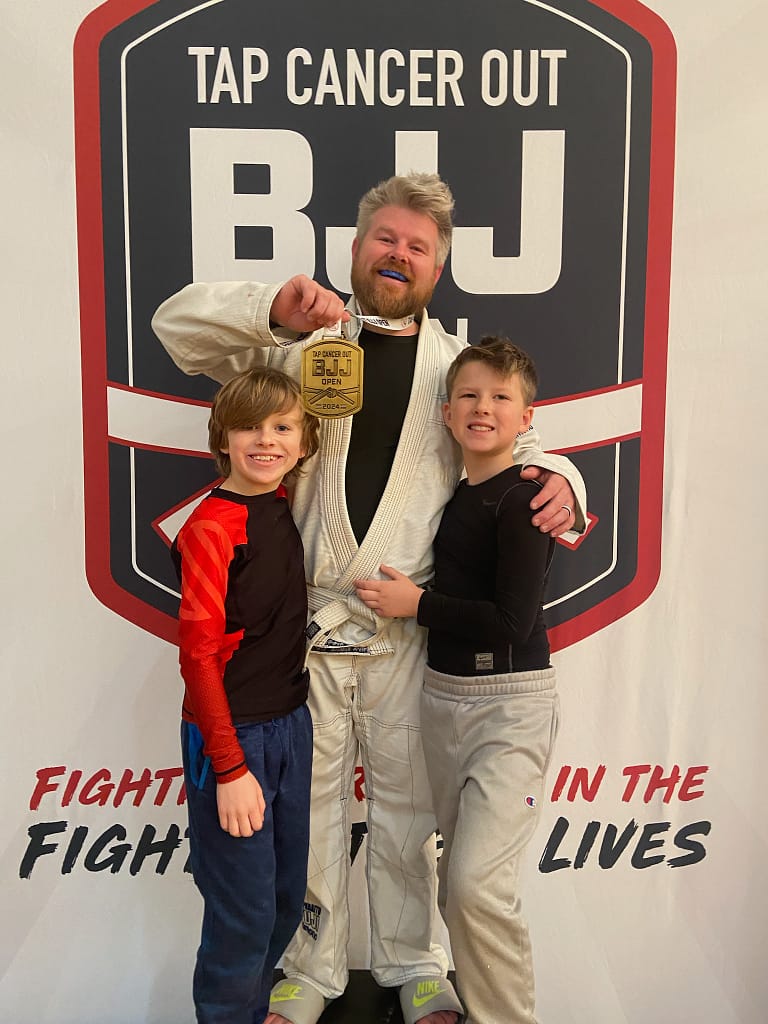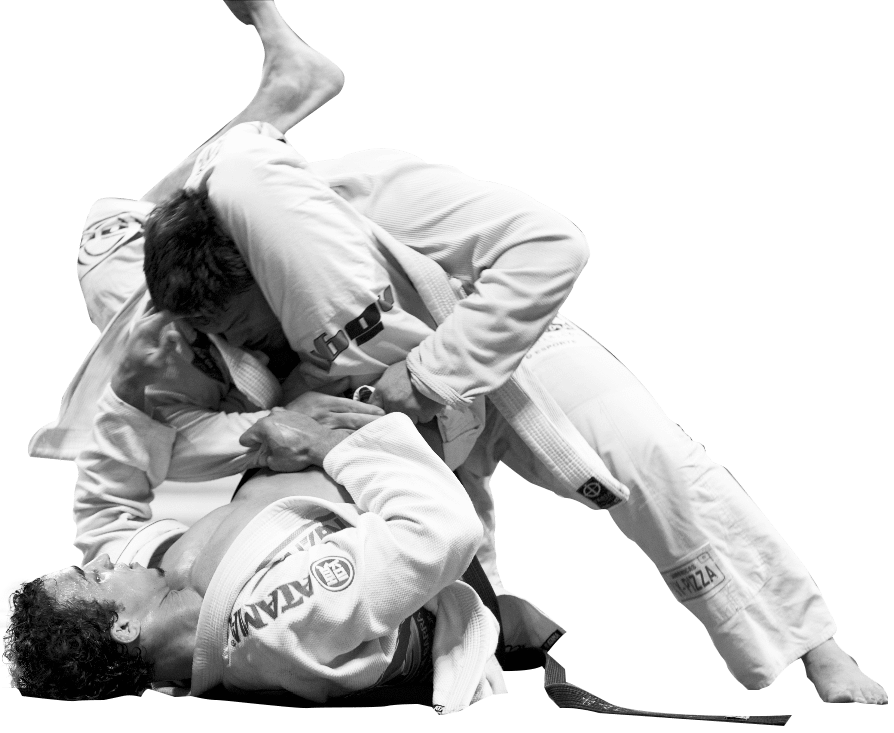
When it comes to deciding what activities are best for kids, parents often find themselves weighing the pros and cons of different sports and extracurriculars. While traditional team sports like soccer, basketball, or baseball offer benefits like teamwork and fitness, martial arts, particularly learning Brazilian Jiu-Jitsu (BJJ), stands out as a unique and holistic option. Brazilian Jiu Jitsu classes offer advantages that go beyond the physical, touching on mental, emotional, and social development. Let’s explore how Brazilian Jiu-Jitsu differs from regular group sports and why it can be a game-changer for kids.
By participating in Martial Arts kids reap benefits of Physical Fitness and Health betterment in particular Strength Development. In Brazilian Jiu-Jitsu, kids are constantly using their entire body to execute techniques. Whether it’s through grappling, holding positions, or escaping, they build core strength, balance, and muscle endurance. Unlike traditional sports where strength may be developed in specific areas (like the legs in soccer or arms in baseball), BJJ promotes full-body conditioning.
Brazilian Jiu-Jitsu is an intense cardiovascular workout. The constant movement, drilling, and rolling (sparring) during practice help kids improve their endurance. Kids in BJJ are not just sitting on the sidelines waiting for their turn like in some team sports; they are always engaged, moving, and working on their fitness.
Brazilian Jiu Jitsu also challenges and improves your child flexibility in ways team sports may not. Kids must use agility to escape submissions, as well as maintain control over their movements to execute techniques. This improves coordination and flexibility, which can benefit them in everyday physical activities.
Mental Health and Focus
One of the most powerful aspects of Brazilian Jiu-Jitsu is the emphasis on being present and mindful. Kids learn to focus on their opponents, their techniques, and their reactions. This mental engagement fosters a level of mindfulness that is rarely found in team sports, where distractions are more common.
Discipline is at the heart of martial arts training. In Brazilian Jiu-Jitsu, kids must pay close attention to details to improve. This sharpens their concentration and helps them develop a work ethic that can carry over into school and other areas of life. Team sports, while beneficial, often don’t require the same level of individual focus and discipline.
Brazilian Jiu-Jitsu challenges kids to face fears and uncertainties, whether it’s through sparring with a partner or learning new techniques. Over time, as they master these challenges, their confidence grows. This increase in self-esteem is different from what kids experience in team sports, where success is often dependent on the entire team’s performance. In BJJ, individual progress is the key to boosting confidence.
Self-Defense Skills and Personal Safety
One of the standout benefits of Brazilian Jiu-Jitsu is its practical self-defense application. Kids learn how to defend themselves against larger opponents using leverage and technique, which can be crucial for their safety in real-life situations. Regular group sports, while providing fitness, don’t offer the same focus on personal protection.
Knowing how to defend oneself can lead to a deep sense of self-assurance. Kids who practice BJJ feel more secure in their ability to handle potentially dangerous situations, and this confidence permeates all areas of their lives. In contrast, traditional team sports might not provide this same level of personal empowerment.
Individual Growth vs. Team Dependency
In Brazilian Jiu-Jitsu, kids are responsible for their own progress. There are no teammates to blame for mistakes or losses; personal accountability is a core value. This sense of responsibility encourages kids to be self-reliant and take ownership of their actions, which can be a valuable life lesson.
BJJ focuses on the individual’s growth. Each child progresses at their own pace, earning belts as they master techniques. This emphasis on individual improvement fosters self-reliance, which is different from the experience in team sports, where success is often dependent on the group’s performance.
In team sports, kids share responsibilities with others. While this can teach teamwork, it can also limit their personal growth. In Brazilian Jiu-Jitsu, each child is responsible for their own progress, their own performance, and their own success.
Social Development in Martial Arts
Respect for one’s partner and instructor is a key principle in Brazilian Jiu-Jitsu. Kids learn the importance of being humble, showing empathy, and treating others with kindness, even in a competitive setting. This can build stronger social bonds than some traditional team sports, where rivalries or competition can lead to negative interactions.
Though BJJ is an individual sport, it fosters a tight-knit community. Training partners become close friends because they rely on one another to improve. The environment in a BJJ gym is often collaborative rather than competitive, which helps kids build meaningful friendships.
Martial Arts Longevity
One of the significant advantages of martial arts, particularly Brazilian Jiu-Jitsu, is its longevity. Unlike many team sports, where an athlete’s performance often declines with age or injury, martial arts can be practiced throughout a lifetime. In sports like football, basketball, or soccer, physical limitations may prevent someone from continuing as they grow older, and proficiency is tied to speed, agility, and stamina. However, in BJJ, the focus shifts from brute strength and athleticism to technique and strategy, allowing practitioners to continue improving well into their later years. This means that even as physical capabilities change, individuals can still enjoy and excel in martial arts long after their prime in other sports has passed.

Frequently Asked Questions???
What age should kids start Brazilian Jiu-Jitsu?
Kids can start BJJ as young as 4 or 5, depending on the school. It’s a great activity for building motor skills and discipline early on.
Is BJJ safe for young children?
Yes, BJJ is generally safe for children. With proper instruction, kids learn techniques in a controlled environment designed to minimize the risk of injury.
How does BJJ help kids with anxiety?
BJJ helps kids face challenges, build resilience, and boost their confidence, which can reduce anxiety and improve their overall mental well-being.
Can girls benefit from Brazilian Jiu-Jitsu as much as boys?
Absolutely! BJJ is inclusive for all genders and helps girls build strength, confidence, and self-defense skills, just like boys.
How often should kids train in BJJ to see results?
Kids typically see progress by training 2-3 times a week, though the exact frequency depends on individual goals and the child’s interest level.
Conclusion
In summary, Brazilian Jiu-Jitsu offers a unique and multifaceted approach to personal development that many traditional team sports do not. From physical fitness to mental resilience, self-defense, and social growth, the benefits of BJJ extend far beyond the mats. While team sports have their merits, BJJ offers children a path to becoming more confident, disciplined, and empowered individuals. It’s worth considering as an alternative or complement to regular group sports for kids.
To read other Blog articles 📖 that I have published. Simply click 🖱️on this URL Annapolis Jiu Jitsu Blog Articles.
If you want to take your grappling performance 💪 to the next level. Check out A1Grappler. Our specific line of Grappling 💊Nutritional Supplements, designed by Grapplers for Grapplers🥋🤼♀️ .
Interested in Brazilian Jiu Jitsu. Start in Annapolis’ premier Jiu Jitsu Academy. Our instructor staff consists of Brazilian National Champions, Pan American World Champion Masters World Champions and North American Grappling Champions. It gets NO better than Team Randori. Click HERE TO START.
Professor Al Hogan is a recent inductee in the U.S. Martial Arts Hall of Fame (2024) and a two time IBJJF Masters World Champion and Pan American Champion. He is renowned for his expertise in Brazilian Jiu Jitsu and Defensive Tactics Instruction, catering to the Jiu Jitsu enthusiast, law enforcement, military and security personnel.
👊 If you’re ready to amplify your Jiu Jitsu journey under Professor Al's tutelage, we offer you a complementary 1 Week Free Membership in our academy.



